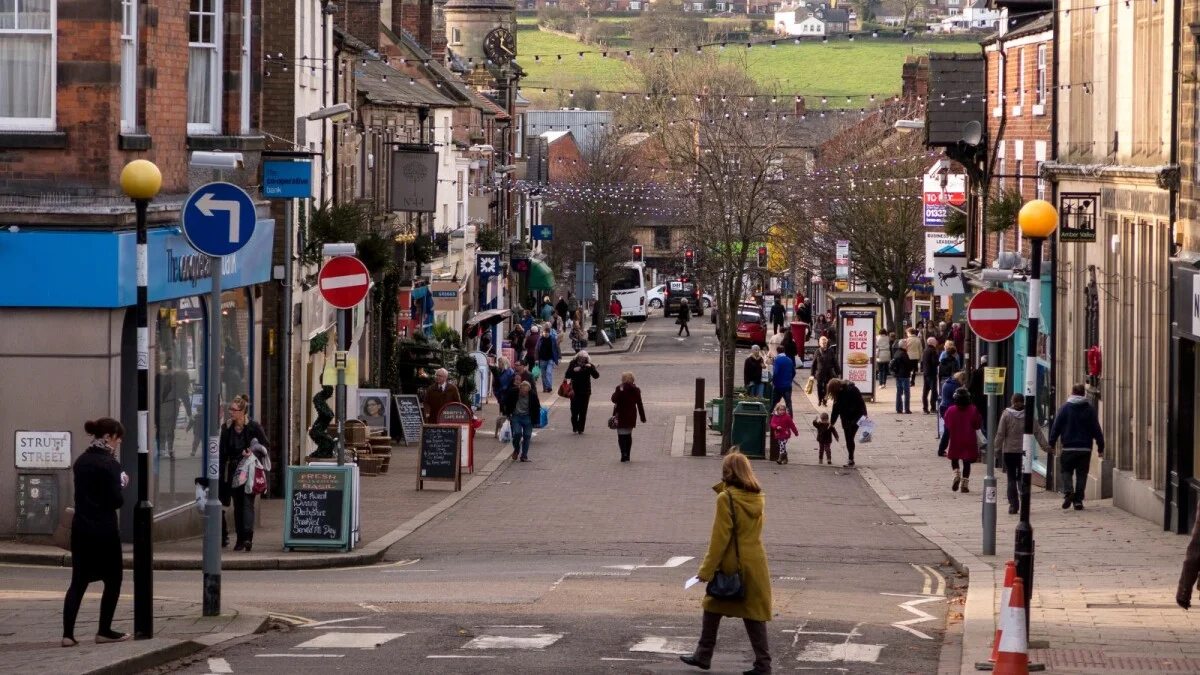The UK government has announced its intention to implement strict new regulations to counter networks of people smugglers. These regulations will target the leaders of smuggling gangs and their supply chains, disrupting their activities. The program is a component of a larger government initiative to safeguard borders and curb illicit migration, which has been a top agenda item during previous times.
Targeting Smugglers and Their Finances
Under the new rules, authorities will have the authority to freeze the assets of people and companies connected to smuggling networks. Key participants in the planning of illegal crossings will be prohibited from travelling. Additionally, UK financial institutions and people will not be permitted to do business with sanctioned organizations.
People smugglers make money by exploiting migrants, and the regulations are designed to disrupt their business model. Since many smugglers engage in cash-based networks, tracking down the money they steal can be challenging.
Nonetheless, thanks to the new regulations, authorities will be able to respond faster. Yvette Cooper, the interior minister, emphasized the importance of combating these organizations by targeting their funding.
Companies that produce boats and motors used for unauthorized crossings will also be subject to the penalties. It is thought that a large number of these are based in China. The UK is taking a bold step to disrupt the supply networks that support smuggling by holding these businesses accountable.
A Coordinated Approach
The Home Office and the Foreign Office are working together to establish the policy. A unified irregular migration unit will coordinate the efforts to enforce the penalties and reestablish border control. The program, according to Foreign Secretary David Lammy, is an example of “progressive realism,” which addresses global issues with practical solutions.
Lammy emphasized the value of collaboration with nations like Vietnam and Iraq, which are situated along migration routes. These partnerships seek to address the underlying factors that contribute to irregular migration, including instability and poverty.
The administration also intends to establish a new Border Security Command and allocate additional resources to the National Crime Agency. Increased arrests of smugglers and improved enforcement capacities are the goals of these actions.
Breaking the Cycle
The idea has been approved by Prime Minister Keir Starmer, who described it as a major step in halting illegal migration. He emphasized the importance of “following the money” and dismantling the gangs’ activities, drawing on his background as a former prosecutor.
The strategy, which focuses on asset seizures and sanctions to break up criminal networks, is similar to counterterrorism tactics.
The precautions, according to critics, might not completely prevent small boat crossings. Targeting financial networks and supply chains, however, is considered by the government to have a lasting impact. Breaking the smugglers’ business model is viewed as essential to solving the situation, as over 36,800 persons crossed the Channel in 2024 alone.
FAQS
What part does global cooperation play in these actions?
To address the underlying reasons for migration and dismantle smuggling networks, the UK is collaborating with nations such as Vietnam and Iraq. Global supply networks will also be subject to the sanctions, ensuring that suppliers and manufacturers outside the UK are held accountable.
Does this plan specifically look at any particular industries?
Indeed, the industries that produce engines and boats are being examined. Manufacturers in nations like China are connected to a large number of the materials utilized in smuggling operations.



